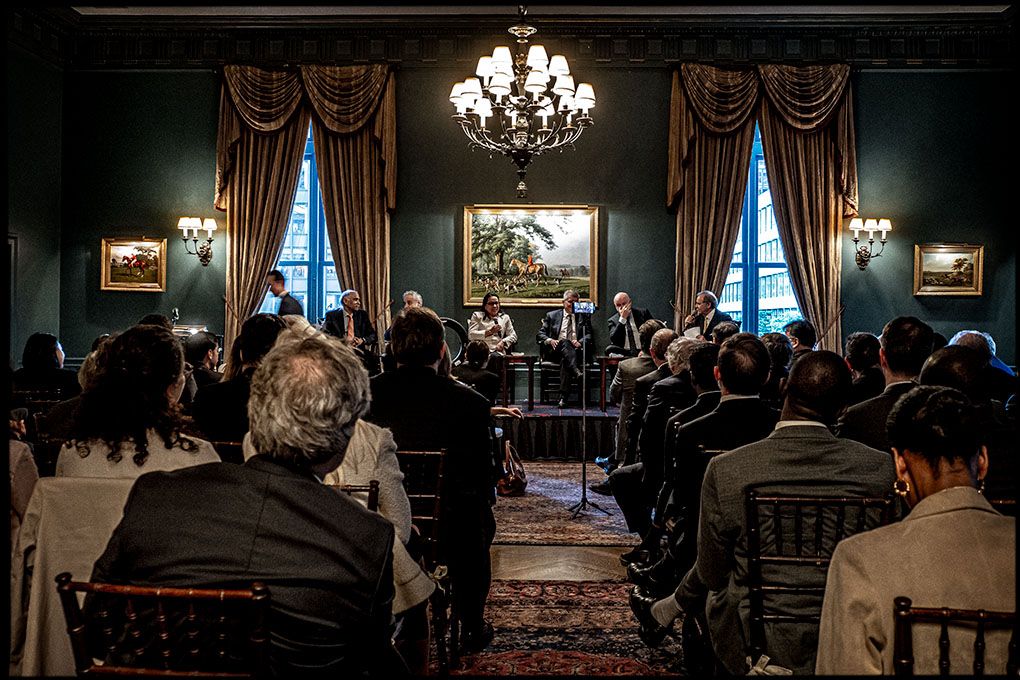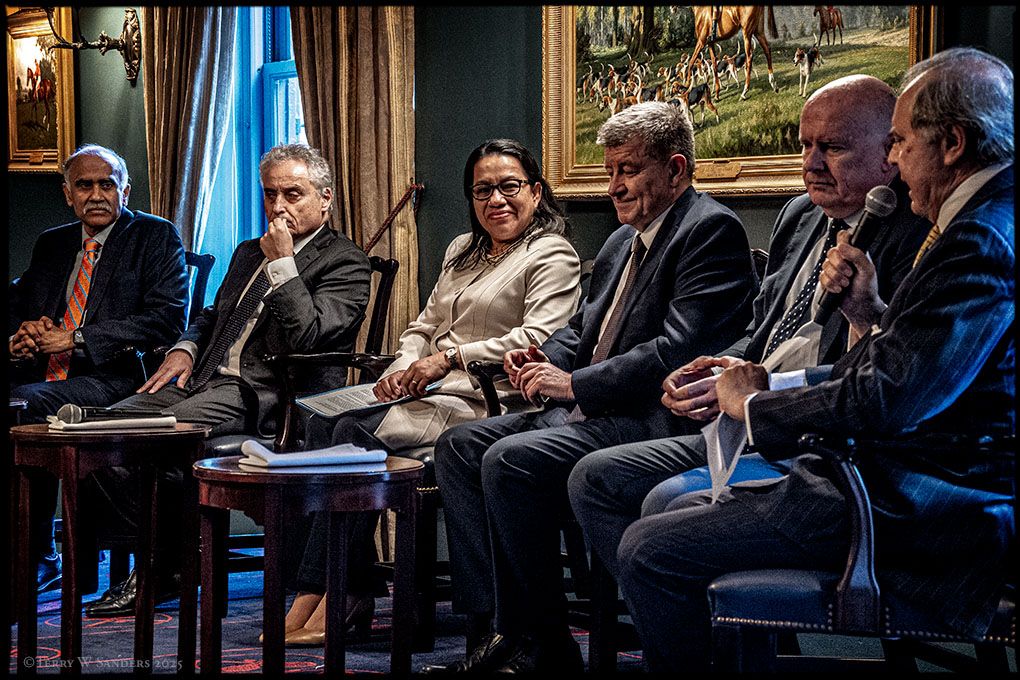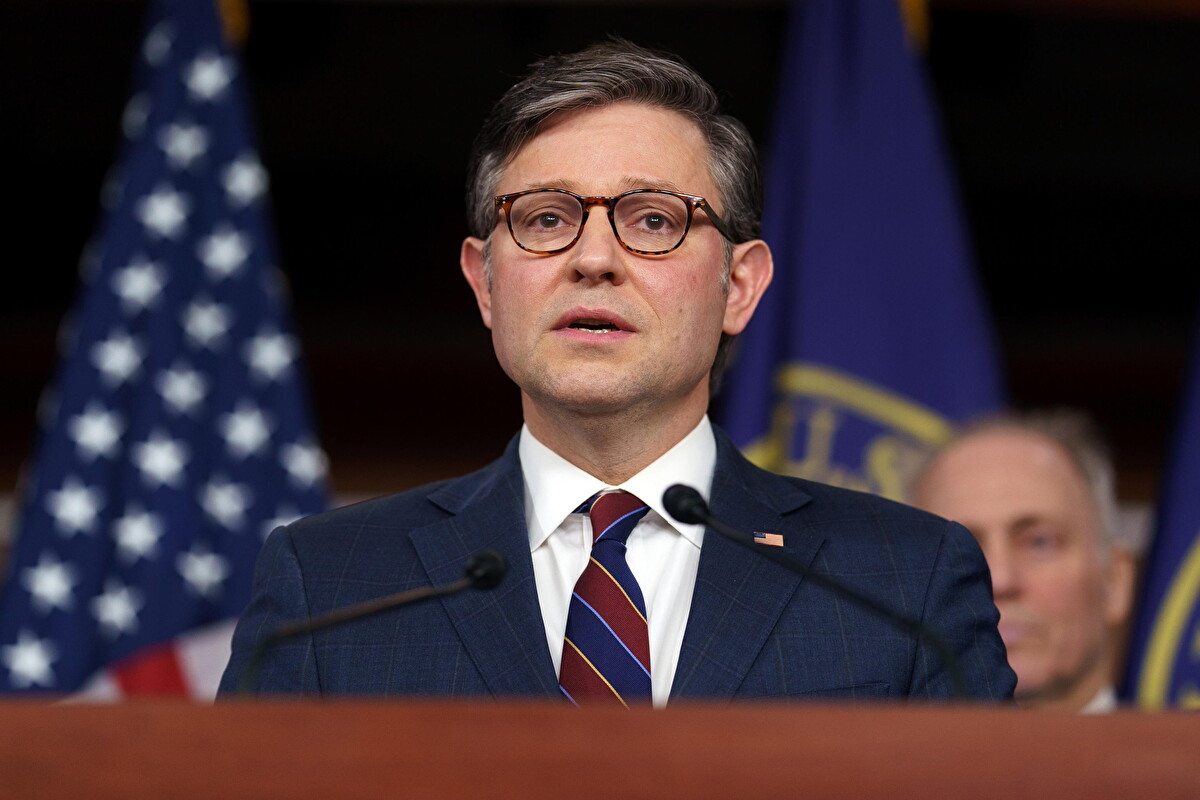On Tuesday evening, Gruppo Esponenti Italiani hosted a panel discussion on the future of the United Nations featuring top-level officials at the organization. Gathered in the august setting of a storied Manhattan sports club, Parvathaneni Harish, Carolyn Allison Rodrigues-Birkett, and Maurizio Massari—UN Permanent Representatives for India, Guyana, and Italy, respectively—were joined by Under-Secretary-General for Policy Guy Ryder in a broad-ranging conversation guided by GEI’s Mario Calvo-Platero, as well as columnist and former Wall Street Journal Editor-In-Chief Gerry Baker. As the United Nations celebrates its eightieth year, the officials engaging with it reaffirmed its indispensability, while also acknowledging the need for long overdue reforms, particularly in regards to the Security Council.
There was broad agreement among the UN officials that whatever problems the institution may be currently facing, they do not lie with its foundational text. Maurizio Massari called respect for the United Nations Charter “issue number one,” and invoked its importance in framing conflicts like the war in Ukraine. “One of the principles of the UN Charter is the equal dignity among states big and small,” Massari explained. “So, the moment you put into question this basic principle, the world changes.”

Rodrigues-Birkett, identifying herself as representing a “small” state, emphasized its value with a potent metaphor: “the UN is our military, and the charter is our weapon.” The Permanent Representative from Guyana also defended the UN’s work “on the development side,” saying, “there is no political gain in talking about prevention, and what the UN may have prevented.”
Ryder also defended the work done by UN agencies from “facile criticisms,” like the WHO and UNRWA, highlighting the former’s passage of a new pandemic treaty and the latter’s continued efforts to deliver aid in Gaza, where a disastrous famine has set in. He also said that the UN should better communicate how multilateralism is not at odds with national interests in light of global challenges like climate change or peace and security issues, and a country’s “pursuit of the national interest is best secured by acting in a multilateral system.”
Despite the impassioned defenses, all of the UN contingent of the panel were in agreement about reform, and what institution needs it most: the Security Council. Massari reiterated Italy’s position against expanding Security Council permanent membership, and singled out the veto power of the current permanent “P5” members as already problematic, with the United States and Russia using it to shut down action on Gaza and Ukraine, respectively. Permanent Representative Harish pointed out that the discussion is not new, and that if the organization continues to kick the can down the road, “the time will come that there is no road, and the UN will become completely not fit for purpose,” adding: “that time is very much now.”












